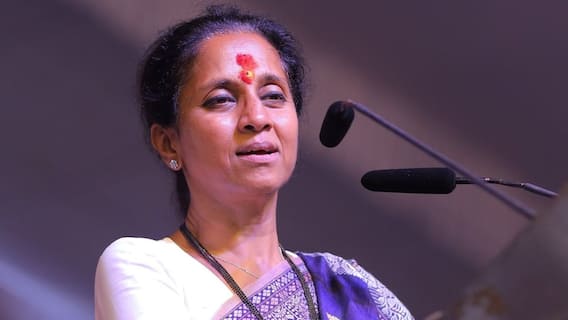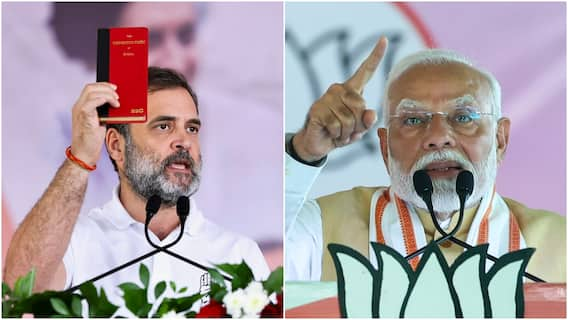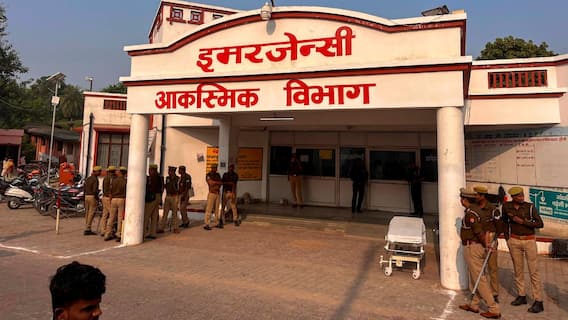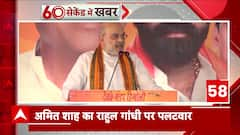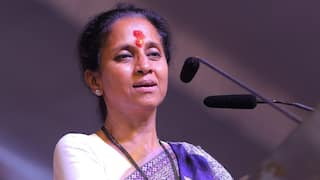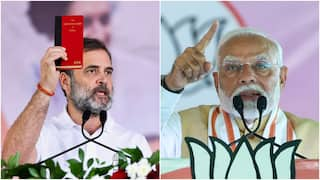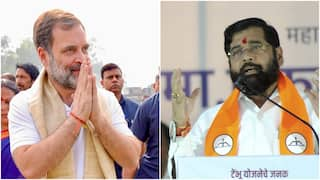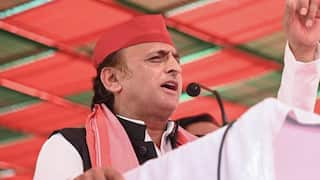'28% GST Onlye On Games With Staking/Wagering, Doesn't Apply To Esports': Video Games Industry Writes To Centre For Clarity
The gaming industry has written to the PMO, MeitY, and I&B Ministry asking them to make a clearer distinction between video games and real-money/fantasy games.

A consortium of more than 45 Indian video game companies requested government clarification on GST exemption for video games. This comes after Revenue Secretary Sanjay Malhotra on Tuesday said that the 28 per cent GST rate is not applicable to "recreational games." The Goods and Service Tax (GST) Council in its 50th meeting last week decided to impose 28 per cent GST on online gaming, horse racing, and casinos. The Council is scheduled to meet on August 2 to make a conclusive decision on the issue.
Meanwhile, the gaming industry has written to the PMO, MeitY, and I&B Ministry asking them to make a clearer distinction between video games and real-money/fantasy games.
"The government's decision applies only to Real Money Games and Fantasy Sports, as it involves 'users staking money for winning cash rewards based on the outcome of the game.' Video games do not have a staking/wagering element and are thus excluded from the 28 per cent GST bracket," industry leaders said in the statement. Adding that the Indian video games industry (valued at $812 million as of 2022) is unaffected by the recent developments on the GST as these sectors continue to be taxed at 18 per cent and supported by the government through the planned AVGC-XR Policy.
Anurag Khurana, CEO and founder of Penta Esports said, "While the revised GST of 28 per cent will be levied on 'Online Games', it certainly does not apply to esports. It should be made clear that the 28 per cent GST is for games which involve staking/wagering of money. Esports inherently does not involve any form of the staking/wagering elements and hence has no impact."
On Tuesday, in an interview with NDTV Revenue Secretary Sanjay Malhotra said, "There is a lack of communication. We are not taxing recreational games. Where there is no money involved, taxes will remain at 18 per cent."
In the letter to the government, the video game companies said, "Regardless of clear statements from the Government following the GST row, there are campaigns that associate Real Money Games (RMG) and Fantasy Sports with Video Games and Esports, both in front of domestic and international media as well as gamers. These campaigns project a homogenous image and suggest that the entire games industry of India is adversely affected by the Government’s imposition of 28 per cent GST."
They said that due to the usage of an overly broad term like “Online Games” different industries are unjustly clubbed together, leading to widespread confusion.
"Globally, irrespective of skill or chance a clear distinction is drawn between games involving wagering (categorised as 'iGaming') and games without wagering (categorised as 'Video Games'). Unfortunately, in India, these mutually exclusive categories have been consolidated under the common umbrella of Online Games," the companies further said.
The statement added that this confusion has resulted in a negative perception of video games associated with monetary wagering, leading international companies to hesitate in investing in Indian video game firms due to regulatory uncertainty.
Also Read: Online Gaming Tax: GST Council Said To Meet On August 2 Over Gaming, Casino, Horse Racing
The companies have requested a meeting with the government to share their views of the Video Games industry in detail.
"Our earnest desire is to actively engage in a dialogue to work with the regulators to establish policies that recognise the unique characteristics of Video Games, promote investor confidence, and enable a safe and secure ecosystem for Indian gamers engaging in interactive entertainment arts," the letter said.
Biprajyoti Chakraborty, Co-Founder at DIOSC Gaming said, "In a country like India where video gamers are still very young and new, it is really important for the government to clarify the necessary laws and rules associated with it to create a sustainable environment for the industry to thrive. Misinformation and unclear rules & regulations can lead to the destruction of the Indian gaming industry which has the potential of becoming the industry leader in game production."
Top Headlines
Trending News






